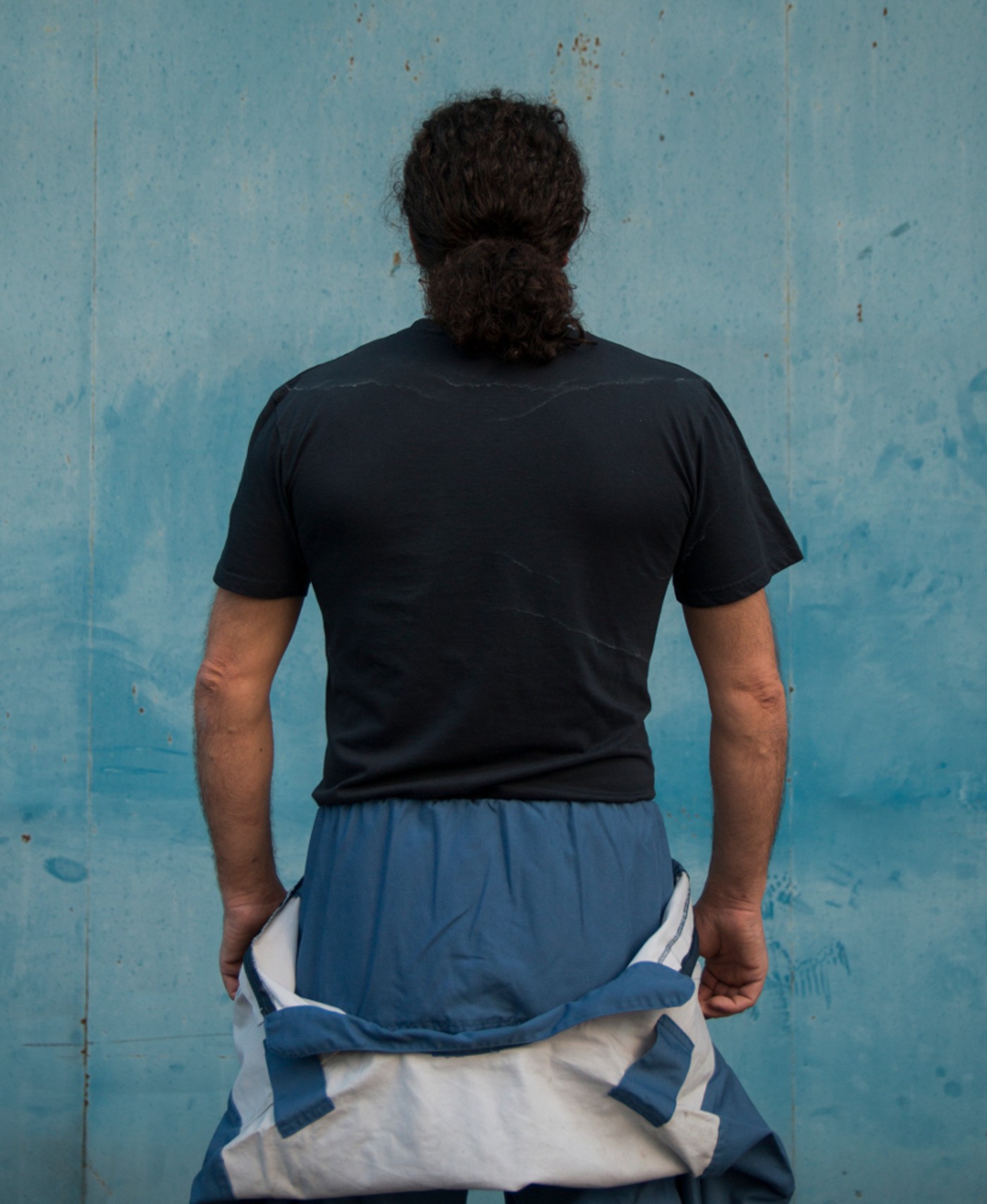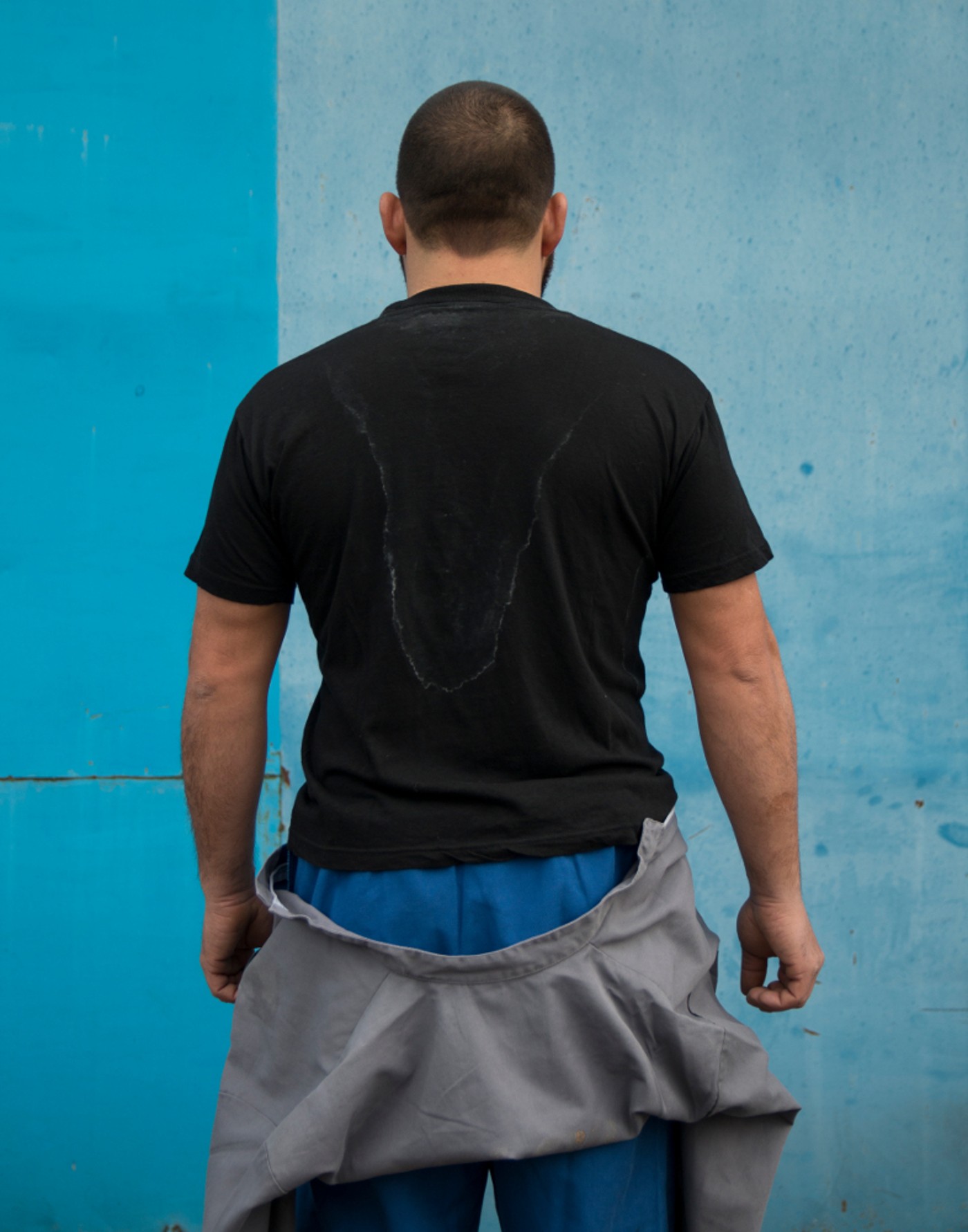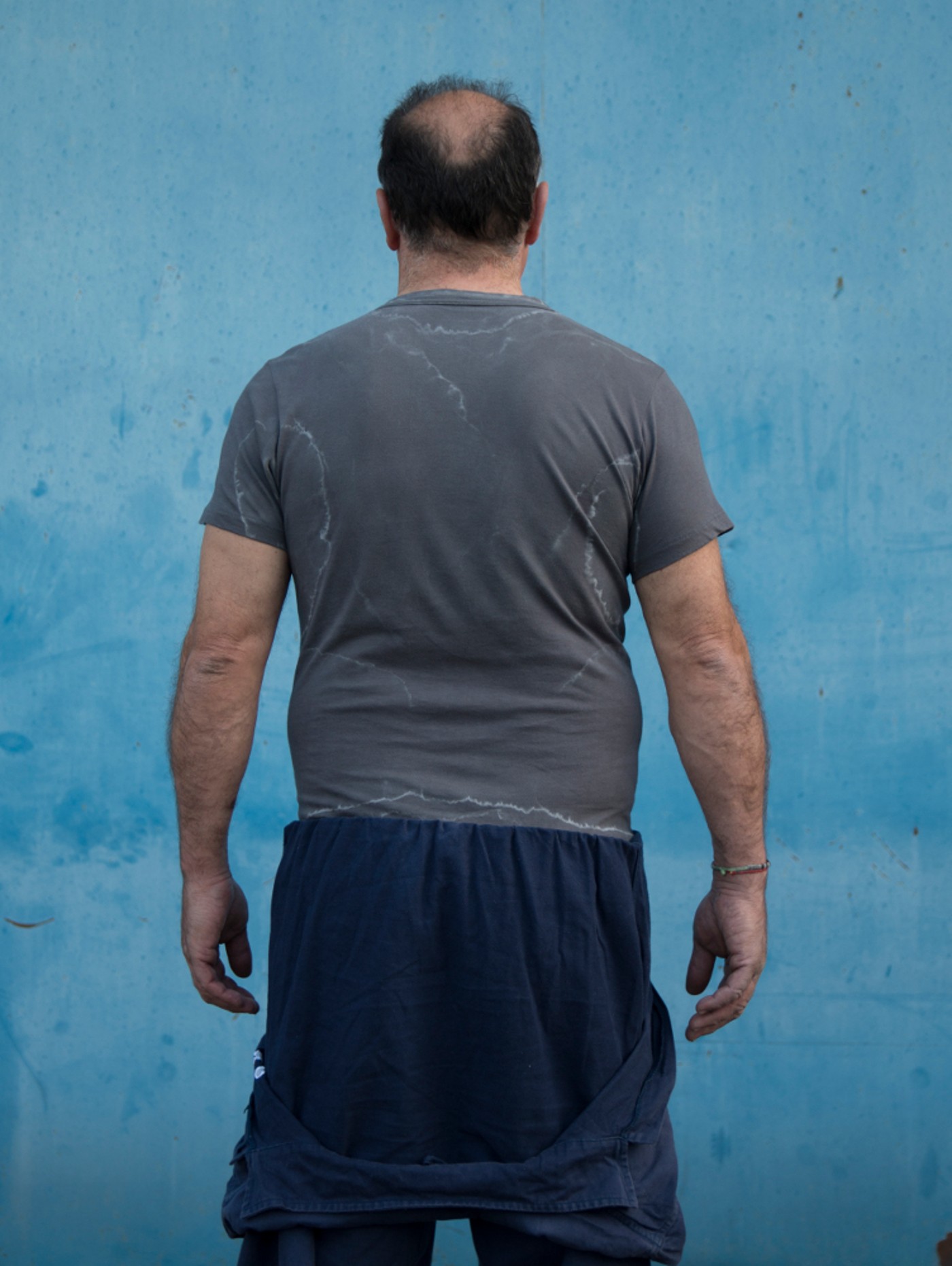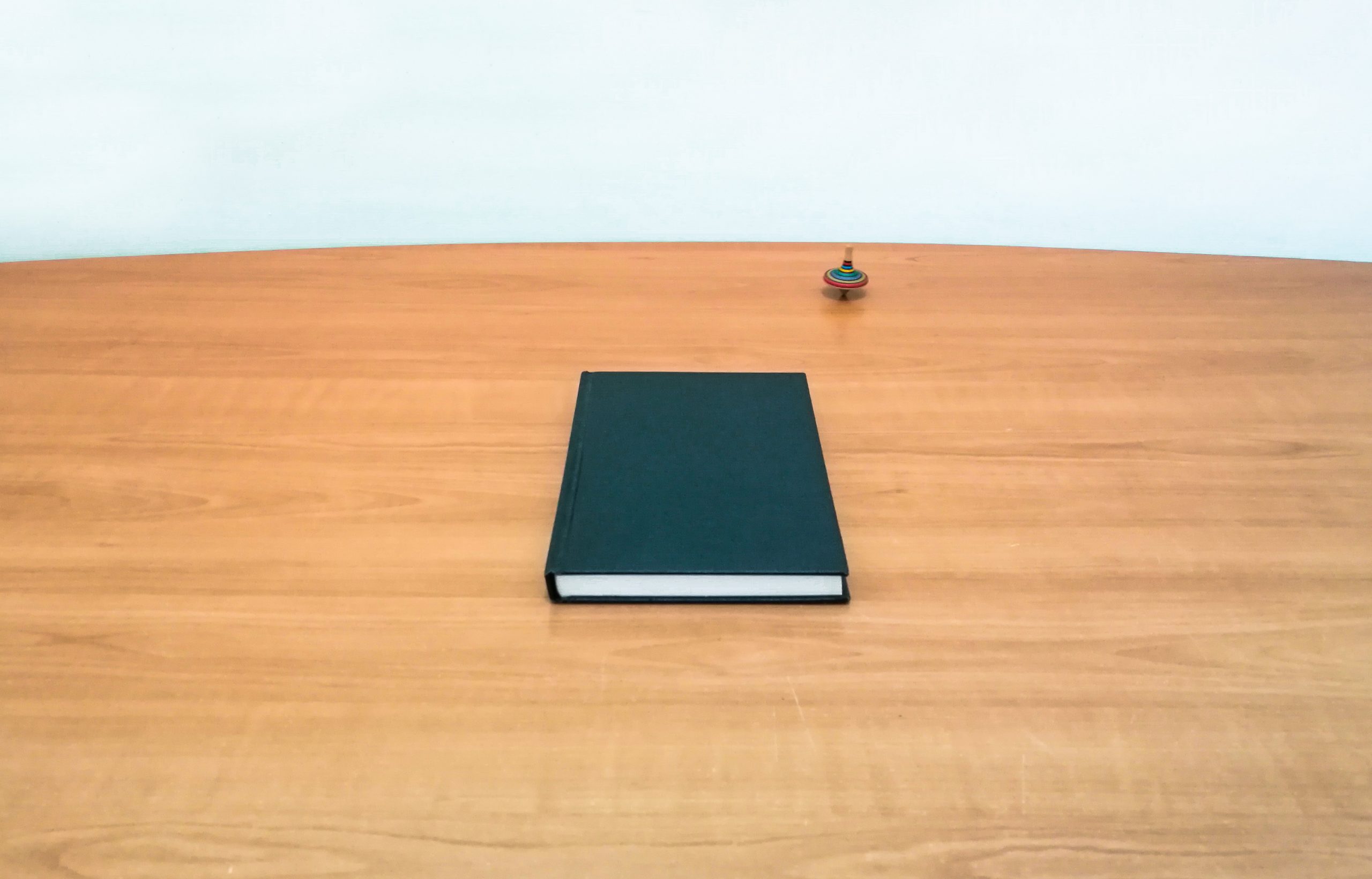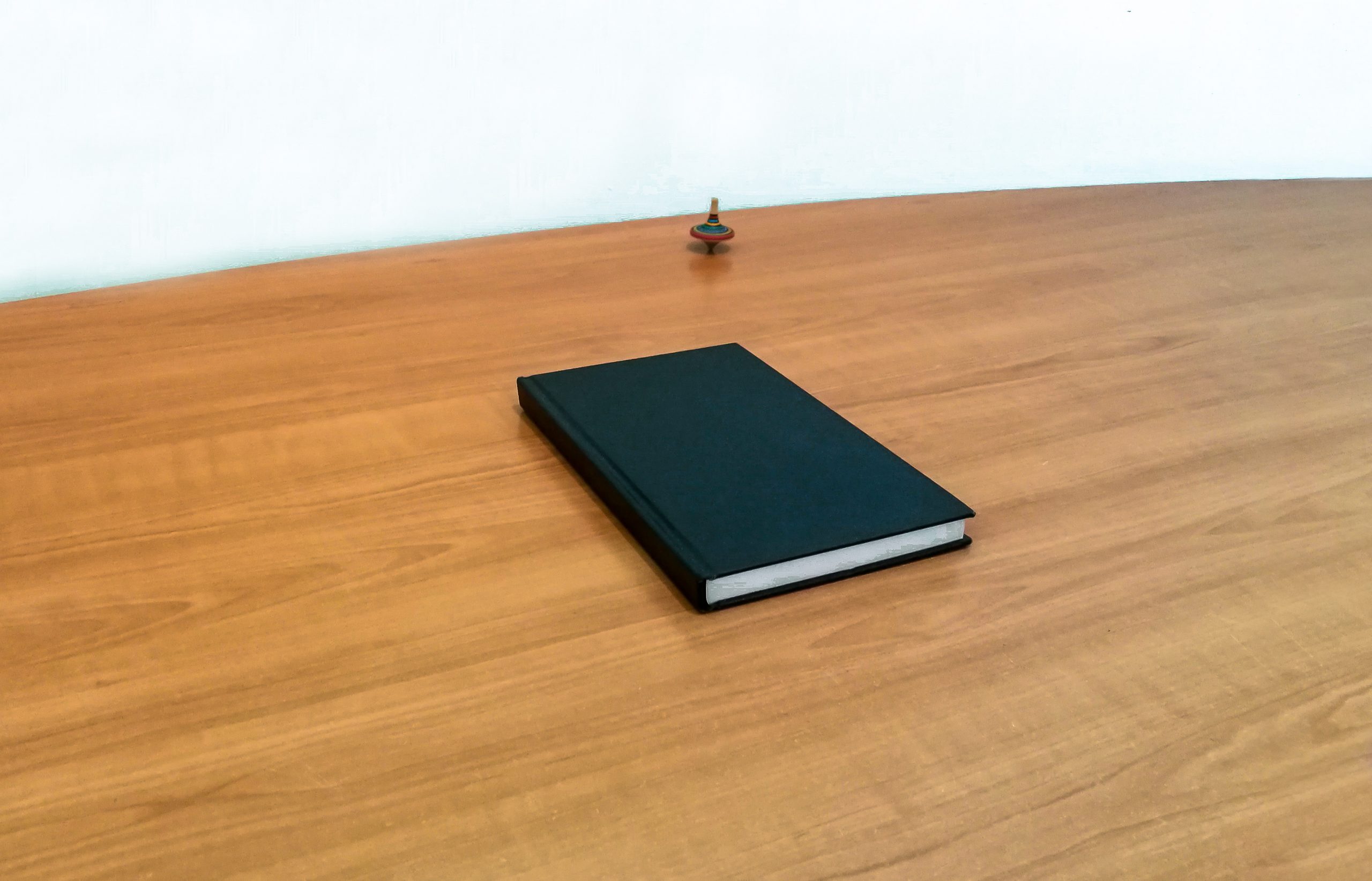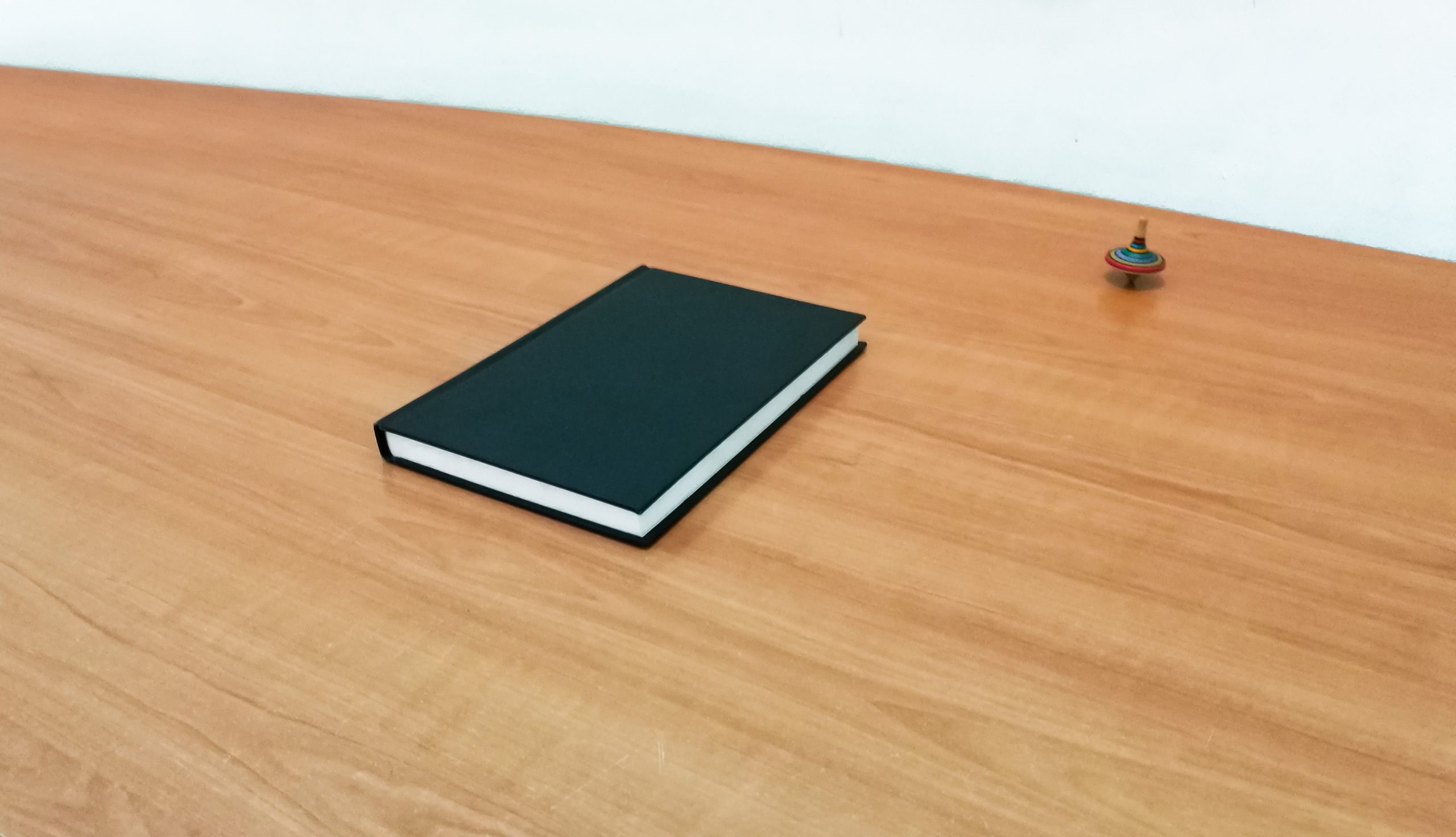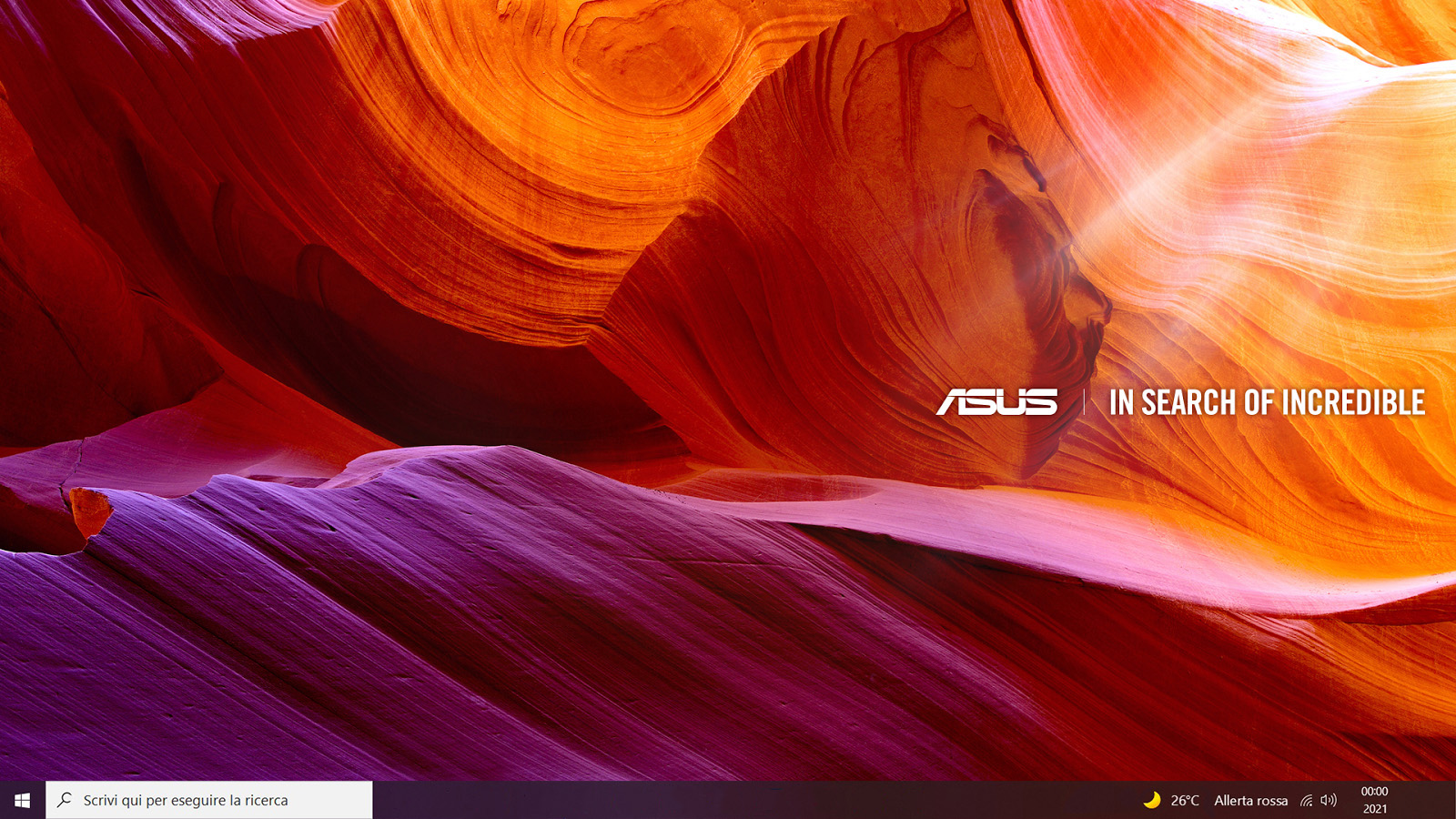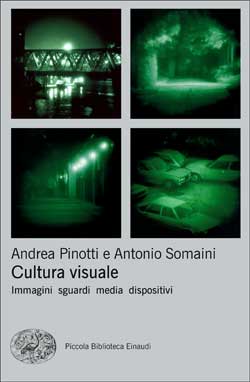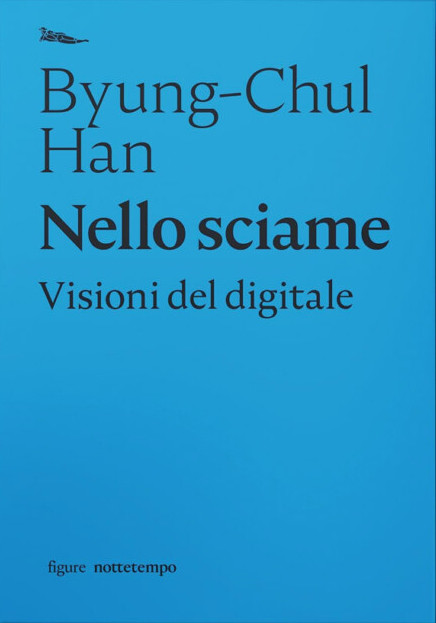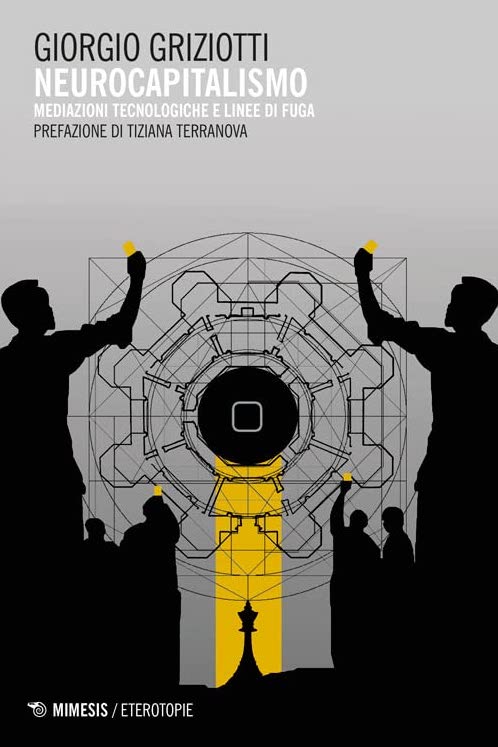
Your research is based on the collection and visual translation of data. Frequently, the objects of your investigation are factors such as production and the exercise of power. In the present situation, these relationships have been strongly influenced by changing social and market dynamics. How much has the pandemic, in your opinion, affected the potential of artists?
The emergency situation we are experiencing has opened our eyes to the precarious system of the art world, a situation that has long been neglected. The consequent response of a good proportion of artists, along with many others working in the art sector, has not been passive, but rather active, as it has triggered a flowering of consciousness aimed at concretely determining the work defense. The growing mobilisation of groups and associations bodes well, so at a time when the fire of intentions seems to be igniting on a large scale, it is important to keep it alive in order to give light to a future vision that is collectively responsible and free of hierarchies. Parallel to class issues, I think that artists, absorbing and re-elaborating what surrounds them in their work, have realised that the acceleration flows previously taken for granted were no longer sustainable, since these began to weigh not only on the art world, but also on the objective maturation of their own research.
In my case, the studies I was conducting, about how work dynamics were increasingly invading the interstitial free moments of our time; with the advent of the pandemic and the consequent limitations, these two spheres have completely compacted into private space. In this one-way strand of time, in which our attention is kidnapped daily by digital media, I decided to focus on continuing to extend the project Per un prossimo reale (“For a next real”), which started in Kiev in 2019 during the exhibition The corrosion of character, curated by Alessandra Troncone and Kateryna Filyuk at the Izolyatsia Foundation. The project was born from the meeting of the writings of the American doctor William Horatio Bates (1860-1931) who, although not looked upon favourably by the scientific community, was hailed by 20th century writers such as Aldous Huxley. His method of visual re-education, simple motor exercises in reality, contained a strong imaginative component. Starting from the stimuli of Bates’ exercises, the intent of the project is to reformulate performative exercises of visual evasion, so that these actions can become instruments of cure from the growing flows of connection, and above all from a dimension of reality that is now pixellated.
PER UN PROSSIMO REALE - PERIPHERAL VISION EXPLORATION, 2020, SERIES OF 7 VIDEO FULL HD. REALISED THANKS TO ISTITUTO ITALIANO DI CULTURA IN STOCKHOLM. COURTESY THE ARTIST AND GALLERIA TIZIANA DI CARO
What do you expect in the near future? What changes can (and should) occur or what would you like to see changed in the art world?
I’d like to think that this sense of cohesion will persist, until we get to the point of reprogramming the parameters of art toward adequate non-sync support. In addition to the few forms of support that already exist, it’s only fair to structure adequate welfare that can provide solid continuity. Of course it is not an easy change, but I believe that with the right process of conscientious work that spurs the political system, this path can be realised. What I mean can be summarised in the work that Art Workers Italia has been doing with dedication for a year now. A path aimed at an ethical recomposition of the entire art working sector, expressing itself through forms of mobilisation that are not only online, but also have a concrete presence in various Italian cities. It will be a necessary self-determination, which goes hand-in-hand with well-structured guidelines that we hope will be a reference point for political decisions regarding the proper use and coordination of Recovery Fund resources.






















